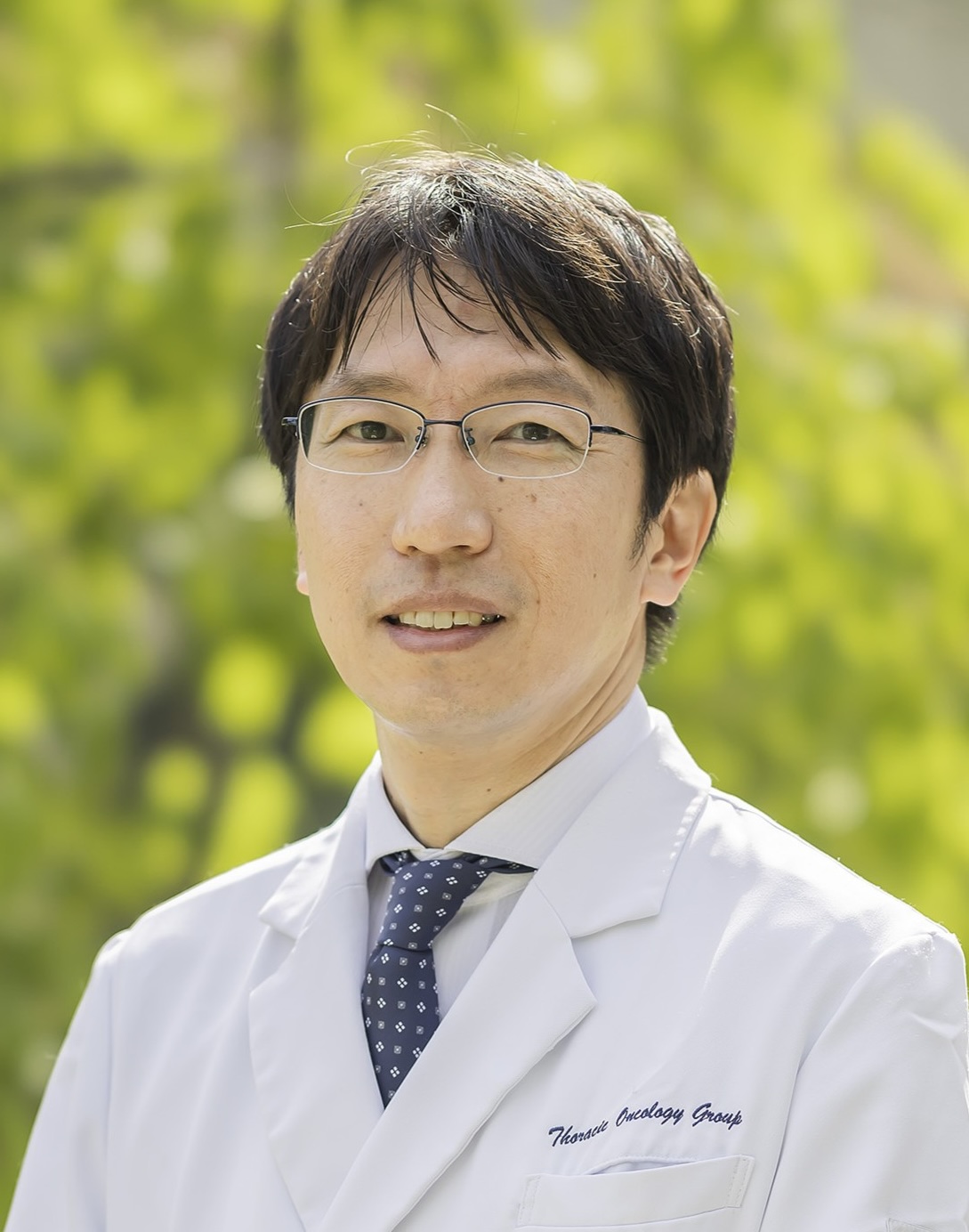Message from the Director of the Department
What is medical care for? We think that medical care should be provided for patients and their families to be happy. It is our task to provide medical treatment to cure illness.
Simultaneously, we think that it is important to exclude effects such as pain and various symptoms. Palliative care is conducted in parallel with medical treatment to increase the treatment effects. If you feel any suffering, please feel free to contact us.

Director,
Palliative and Supportive Care DepartmentEiki Ichihara
Scope of Target Diseases
We provide medical and other care not only for cancer patients but also for patients who are harmed by various organ dysfunctions or other diseases in life-threatening situations.
- Medical care for patients with physical symptoms such as pain and dyspnea Family support
- Psychological care for patients with psychiatric symptoms such as unease of feeling, anxiety
- Consultation on work and economic problems
- Consultation at a treatment place such as home care and palliative care units (there is no palliative care unit at our hospital)
- Support for decision making (We will consult with your doctor)
Features and Description of Medical Care
In patients who are afflicted with a life-threatening disease, not only patients but also their families are adversely affected through physical, psychological, and socioeconomic effects. We will respond to patients and their families facing such various effects by multidisciplinary members with doctors, nurses, pharmacists and many other professions in various departments. At a weekly conference, we will consult individual patients' most appropriate treatments. The primary goal is to improve the quality of life (QOL) of patients and their families. Furthermore, we aim for many patients to receive better treatment that matches their needs.

Understanding of palliative care has advanced recently. Many patients and medical experts are demanding early palliative care. However, some patients and their families have misunderstood it as an end-of-life treatment, believing that palliative care is received only by patients who are terminally ill. It is becoming apparent that people who receive palliative treatment from an early stage and who have reduced their suffering are also expected to have more effective cancer treatment. If you feel any suffering, we will consult on your case at the palliative care service.

